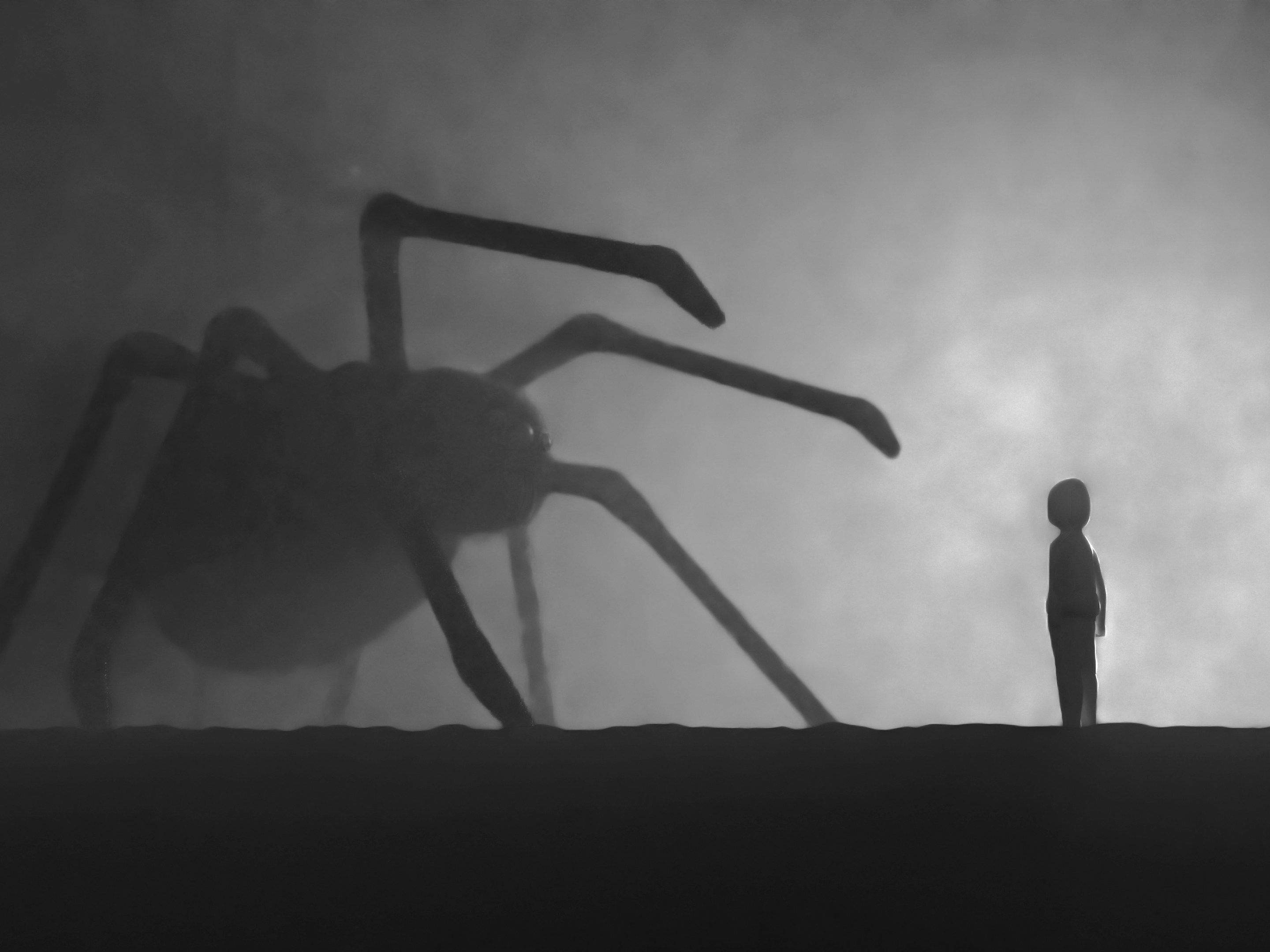While editing a memoir for one of my clients, I noticed some incongruities that made things a bit more difficult—and a bit less enjoyable—for the would-be reader. I call them boobytraps. Some are subtle enough that even an experienced writer might be unaware they’re laying them.
The good news is that you can quickly spot these boobytraps if you’re aware of them and willing to perform even a cursory proofread. You just have to know what you’re looking for. When I pointed these boobytraps out to my own client, it was like waking them up from a bad conspiracy theory.
Oh, they said. Ohhhhh …
To that end, here are the three foundational ways you can avoid boobytraps in your writing.
1. Be consistent with tense and point of view
Have you ever been neck-deep in a good book? The pages fly by and you can’t wait to sit down to read again, assuming you don’t finish the entire book in one sitting. It feels effortless, the way the author hides all of the seams—all of the writerly stuff they orchestrate to make the piece so readable.
One of the elemental decisions that every writer has to make is about point of view and tense. That is, who is narrating the words on the page and when did the action happen. Here’s an example of first person in the past tense:
"Honestly, I wasn't sure I'd make it through the six-hour flight, not without a few drinks at the Berghoff."
As a rule of thumb, just stick with one tense and point of view. This is especially helpful for shorter compositions, in which consistent tense and point of view can work wonders for clarity and readability. For example, if I start a piece in the first person, past tense …
Start describing your topic in a few words. Make sure to stay concise and include important keywords. Don't be afraid to write shorter sentences. It's common to think that longer sentences sound smarter or more eloquent but in reality, they just make your story harder to follow and understand — just like this one.
Start describing your topic in a few words. Make sure to stay concise and include important keywords. Don't be afraid to write shorter sentences. It's common to think that longer sentences sound smarter or more eloquent but in reality, they just make your story harder to follow and understand — just like this one.
Start describing your topic in a few words. Make sure to stay concise and include important keywords. Don't be afraid to write shorter sentences. It's common to think that longer sentences sound smarter or more eloquent but in reality, they just make your story harder to follow and understand — just like this one.
Start describing your topic in a few words. Make sure to stay concise and include important keywords. Don't be afraid to write shorter sentences. It's common to think that longer sentences sound smarter or more eloquent but in reality, they just make your story harder to follow and understand — just like this one.
Start describing your topic in a few words. Make sure to stay concise and include important keywords. Don't be afraid to write shorter sentences. It's common to think that longer sentences sound smarter or more eloquent but in reality, they just make your story harder to follow and understand — just like this one.
Start describing your topic in a few words. Make sure to stay concise and include important keywords. Don't be afraid to write shorter sentences. It's common to think that longer sentences sound smarter or more eloquent but in reality, they just make your story harder to follow and understand — just like this one.
2. Know thy crutches
Be honest: there’s some phrases, words, metaphors, and other trickery that you lean on a little too much. Sure, they make things easier for you (hence the term crutches), but can stick out and distract your readers. Don’t worry, I have them, too (parenthetical phrases, much?).
A common place to look for this boobytrap is at the beginning or end of paragraphs, aka your lead-ins and wrap-up sentences. Why? Because figuring out how to start and finish is always the most difficult, and a crutch offers you the path of least resistance. Here are some examples of overused crutches that you’ve likely encountered:
From/to | “From accidents to negligence, we’ve got you covered.” |
Whether/or | “Whether you’re already buzzed, or planning to be in the near future …” |
Rhetorical questions | “Is it all bad? No. But mostly terrible? Absolutely.” |
Superlatives | "He’s always bumming around airports but never seems to make his flight on time.” |
Telling not showing | “It’s really important to remember this critical writing tip.” |
Repeated words in the same sentence or paragraph | “The odds were long that he’d make it home in one piece at all. And then he tripped down the escalator while running to the gate. What are the odds?” |
Start describing your topic in a few words. Make sure to stay concise and include important keywords. Don't be afraid to write shorter sentences. It's common to think that longer sentences sound smarter or more eloquent but in reality, they just make your story harder to follow and understand — just like this one.
Your heading comes here
Start describing your topic in a few words. Make sure to stay concise and include important keywords. Don't be afraid to write shorter sentences. It's common to think that longer sentences sound smarter or more eloquent but in reality, they just make your story harder to follow and understand — just like this one.
Start describing your topic in a few words. Make sure to stay concise and include important keywords. Don't be afraid to write shorter sentences. It's common to think that longer sentences sound smarter or more eloquent but in reality, they just make your story harder to follow and understand — just like this one.
Start describing your topic in a few words. Make sure to stay concise and include important keywords. Don't be afraid to write shorter sentences. It's common to think that longer sentences sound smarter or more eloquent but in reality, they just make your story harder to follow and understand — just like this one.
Start describing your topic in a few words. Make sure to stay concise and include important keywords. Don't be afraid to write shorter sentences. It's common to think that longer sentences sound smarter or more eloquent but in reality, they just make your story harder to follow and understand — just like this one.
Start describing your topic in a few words. Make sure to stay concise and include important keywords. Don't be afraid to write shorter sentences. It's common to think that longer sentences sound smarter or more eloquent but in reality, they just make your story harder to follow and understand — just like this one.

